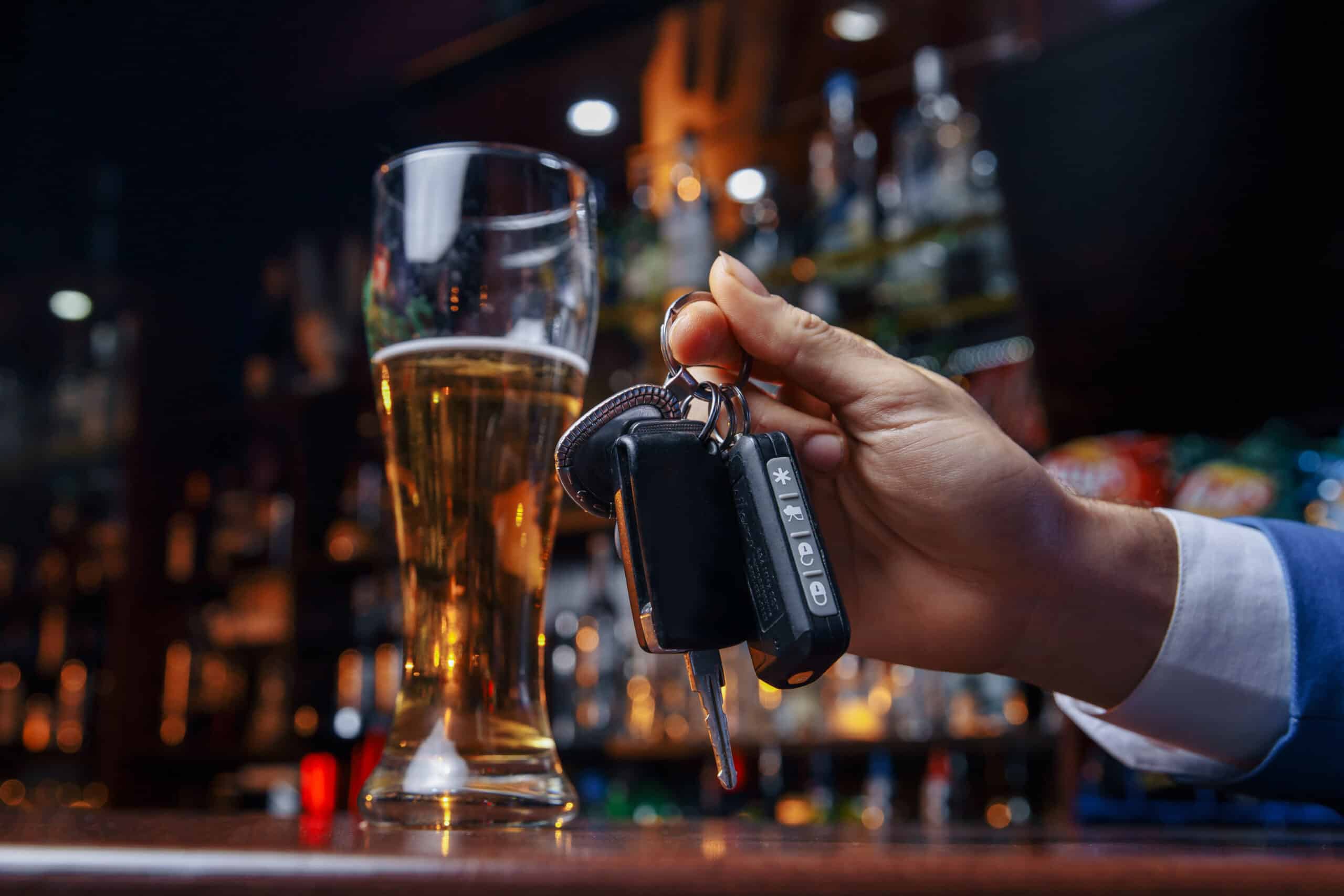In 2019, Michigan state police ramped up patrols on St. Patrick’s Day in pursuit of drunk drivers. This year, we can expect the same thing to happen.
Let’s face it, drinking is a part of the St. Patrick’s Day tradition for many Michigan residents. Police know that many people who have been drinking will likely get behind the wheel. They will increase patrols and look for even the slightest clues of impairment.
How does law enforcement look for drunk drivers on St. Patrick’s Day?
Unlike many other states, it’s illegal for police to conduct sobriety checkpoints in Michigan. Police have other ways of cracking down on drunk drivers. For example, they may:
- Station themselves around bars and areas where celebrations occur and watch who gets into their cars to leave.
- Follow drivers and wait for them to show the slightest signs of impairment. This could include crossing the lines in the road or failing to come to a complete stop at a stop sign.
Simply driving in the early morning hours (between midnight – 6 a.m.) on March 18 can give police enough suspicion that you are driving drunk, even if you’re completely sober. If you are pulled over, it’s best to:
- Remain calm.
- Be prepared to provide your license and registration.
- Avoid arguing with the officer.
Police usually ask questions such as:
- Where are you headed to?
- Where are you coming from?
- Have you had anything to drink tonight?
They may even win your trust by coming across as friendly. You don’t have to answer any questions, however.
Police may ask you to step out of your car and perform a field sobriety test if they suspect that you may have been driving drunk. This is a preliminary test used to evaluate your physical and cognitive functioning, as well as balance and coordination. Many sober people have a hard time performing these tests, however.
Police may then administer a breath test to determine your blood alcohol concentration level, but recent investigations have found breathalyzers unreliable.
Michigan’s implied consent law requires you to take these tests. Your driver’s license can be suspended for up to a year for refusing a test.
How can I protect my rights after a DUI?
If you were arrested and charged with a DUI in Michigan, you could face up to 93 days in jail and be fined up to $500 for a first offense. Additionally, you could face:
- Community service — up to 360 hours
- License suspension — 30 days
- Additional license restriction — 150 days
- Six points added to your driving record
- Driver responsibility fee — $1,000
An experienced Michigan DUI defense attorney at Manley & Manley can help you fight the charges. Our law office is located in Flint. Contact us online to schedule your free case evaluation, or simply call us at 810-202-9532.



